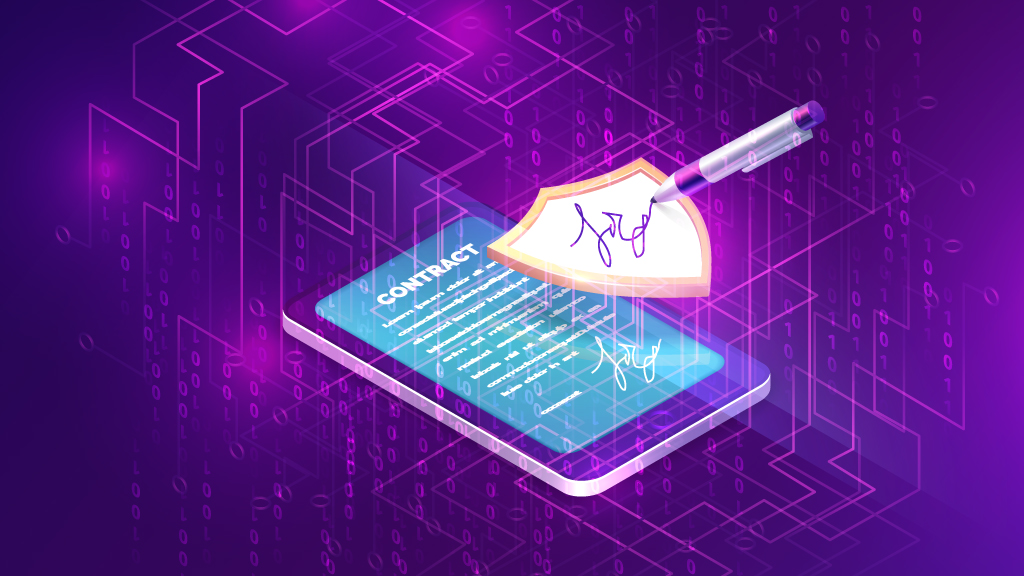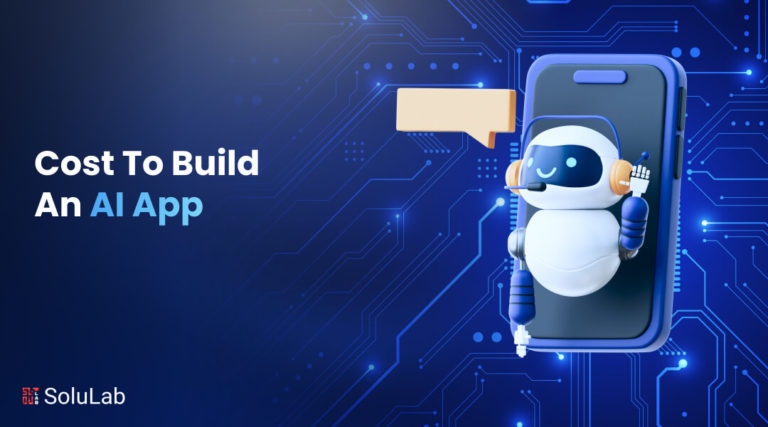
What is a contract?
An agreement two or more parties arrive at and agree to implement on a legally enforceable basis is called a contract. A contract defines the rights and duties of each involved party provided it fulfills a certain set of requirements. The exchanges that it monitors are mostly of goods, services, money, or the promise of any of those in the future. A simple example would be money kept in a bank at the promise of a certain interest rate or the provision of a certain service to a company with the promise of getting a salary at the end of the month, provided the work is finished satisfactorily.
Coming to a contractual agreement is a little more complex than it sounds. Since contracts are legally enforceable, drafting it with precision becomes extremely important for it too- 1. even qualify as a contract, and 2. avoid conflict in the future. For the first part, it must contain four parts: an offer- a clearly stated offer with unambiguous metrics must be made, and acceptance- it must be officially accepted by the other party(s), an agreement- terms and conditions must be discussed and a consideration- a formal exchange must happen or be promised in the future. For the second part, a fallback mechanism needs to be put in place in case any of the involved parties fail to deliver. This leads to certain requirements.
Cost- third party intervention, especially in case of a conflict, becomes extremely relevant in order to maintain fairness and ensure professional conduct.
- Introduction to smart contracts
When a contract’s execution is not left in the hands of the people involved but upto computer code, it is a smart contract. Smart contracts are self-executing and do not require third-party intervention. All terms and conditions, details of the exchange, policy and time constraints are converted into sentences of computer language (such as Java and fed into the system. Once it has been validated, the contract executes itself without any further involvement by any party. Such processes are irreversible, traceable, and transparent.
Perhaps the simplest example of a smart contract would be a vending machine. When a coin is put into the machine, provided its value is equal to or greater than the cost of the product, the product rolls out.
- Role of blockchain
Blockchain technology is currently the largest, most secure distributive ledger technology (DLT) available. A DLT can be looked at as a huge, computer-based record keeper/book which has the entire data copied over every single device in use. What this implies is that every bit of data stored on a blockchain is universally available to users without discrepancies and not centralized, exponentially increasing transparency. What blockchain brings with itself to DLT technology is unmatched security. There are multiple reasons behind it.
Scams are difficult on blockchain because a hash (or the public key) is derived by performing complex and irreversible mathematical operations on the private key, which are nearly impossible to decode. In addition to this, every block on the chain is unanimously approved and for additional security, rigorously time stamped. Every programming happens and is visible in a particular order, and time details cannot be altered. These details become relevant with respect to smart contracts.
Smart contracts are designed and carried out inside a distributed blockchain. Certain steps are involved from creation to execution.
Most of the time, several sub-conditions are left upto customization by the user. For instance, some conditions may be introduced/verified, and the code would function, taking the particular line of code.
- Examples of smart contracts on the blockchain
Here are some relatable examples of distributive ledger powered smart contracts.
Blockchain developers write the contract in the form of computer code. They use a programming language to do so. While writing the script, developers implement the logic behind the contract, which enables its execution when respective commands are given by users.
Once the code is uploaded to the blockchain, it is made available to all systems using the technology. This is done in such a way that for every identical input, the output is also identical.
- Online shopping and supply chain: With nearly everything being on our phones these days and online shopping and ordering being the latest trends, a fast system to deal with these transactions is imperative, and blockchain smart contracts are exactly that. The process of registration of orders, the transmission of them to warehouses, and the initializing of the shipping process are no longer manual or fed step-but-step but largely automated. Verification through OTPs and passwords are all triggers that take the process from one stage to another. Once both parties ‘okay’ the transaction, the majority of intermediate steps are carried out automatically.
- Copyrighting and proof of ownership: It has now become much simpler for artists and content creators to put their content out there without facing a large magnitude of risk of losing their rights or relenting control to the bigger sharks. Distributive and irreversible records of blockchain provide a large level of objectivity, and claiming rights has become less complicated. In addition to this, the terms that each firm or creator can set are varied. This means some licenses can be pre-given to readers, whereas some other uses might be prohibited and, in some cases, even punishable. The process of spotting controversies and a portion of verification becomes computerized instead of manual.
- Insurance: The way smart contracts in insurance work is the conditions are verified on computers, and when they are met, the compensation or agreed upon payout is automatically processed. One sub-example of this would be flight delay insurance. Airlines often collaborate with blockchain to set up flight delay insurances where once a passenger is registered and the flight is shown to be delayed, payouts are automatically granted. This not only saves a massive amount of time and labor but also increases the goodwill of airlines and consumer trust.
Industries that are using Smart Contracts
- Getting copyrights and patents: verification of the authenticity of claims is faster, more detailed, and more efficient when they are computerized, and that is about what happens when a claim is made on the blockchain. To check for explicit or implicit plagiarism is carried out.
- Protection of intellectual property: as discussed in the previous column. This comes into the act when an approved right is infringed upon. Verifications take place to determine the validity of the claim.
- Transfer of money or assets: cryptocurrency or even bank money can be transferred on a click without third party involvement, much like depositing or withdrawing money at an ATM.
- Theft protection: sale of non-existent, pre-sold, or unregistered products is not possible on the blockchain or smart contracts. Hence they have found a use in law enforcement and are used in catching thefts since some loophole is always left behind.
- Authentication: from the granting of diplomas to job certificates, many of these written contracts are generated via smart contracts.
- Insurance: also, as discussed in the previous column. Processing payouts is automated on the fulfillment of criteria.
The Upside
- The level of objectivity smart contracts bring is unparalleled. Terms and conditions are not left upto interpretation, and, especially in cases of insurance, the customer is subjected through much less physical and mental trauma. This also makes it easier for content creators since the concrete proof is much more easily available.
- Time taken is minimized. Every procedure is not carried by people; machines are doing it by using a pre-fed algorithm.
- The absence of third party intervention minimizes human resource used.
- The traceability is high. Hence every action can be tracked and checked in case disputes arise.
The Downside
- Since actions on the blockchain are irreversible; there is no room for error. Changes cannot be made post-facto and fallback mechanisms need to be completely separate.
- Contracts remain untampered only if the coding is perfect. Hence flawless programs are a prerequisite to dependency on smart contracts, which results in high dependency on programmers. Unlike traditional contracts where technological knowledge was not a prerequisite, only coders can make these contracts.
- Lawyers are not completely eliminated. After a point, coders working for large companies also need lawyers for legal input.
Conclusion – Future of the sale of goods
Smart contracts have not been here forever, which is why people are still suspicious about it, but if more information is spread and blockchain development becomes more and more bug-free and popular, people might abandon their stigma. Instead of writing and signifying long drawn contracts and doing procedures to participate in the investment or buying and selling market, buying, selling, and investing with a click is much more accessible. Ambiguity is much lesser, and security is much more. The coder dependency might be a little intimidating, but just like only a surgeon can perform surgeries, this is something that needs getting used to. With more and more programmers coming up in the industry, smart contracts can become more common and doable. The need for lawyers in a new industry can be seen as a new and upcoming prospect. Looking at the whole picture, factoring in the technology trend, and the fast pacing world, there is no doubt that smart contracts can become a viable future of marketing.




